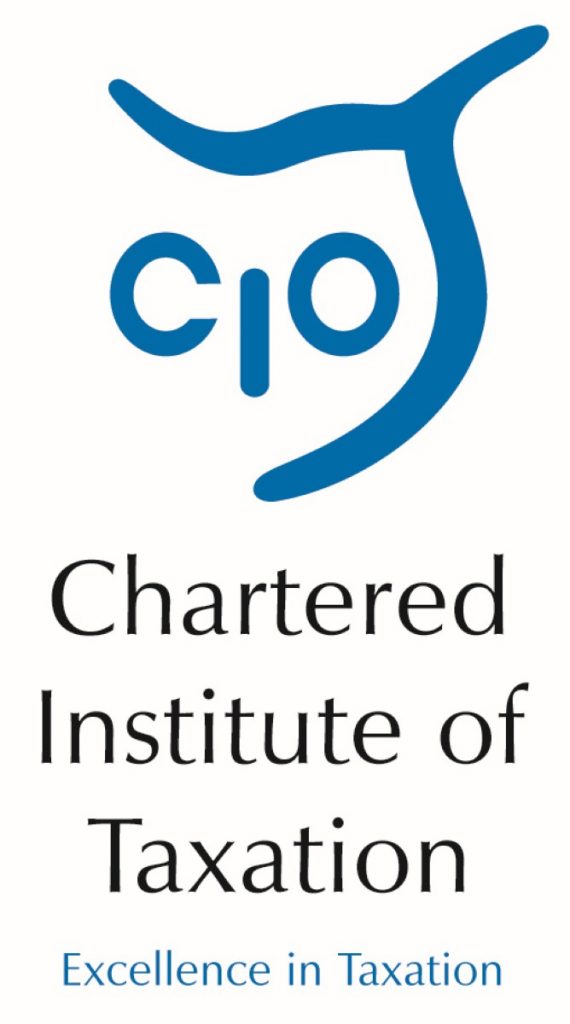The Low Incomes Tax Reform Group (LITRG) is concerned at a tax change which could increase the costs for disabled people of changing their motor vehicle and leave them unable to change to a more suitable vehicle.
From 1 April 2017, the Government will restrict the availability of zero-rate VAT for the purchase of adapted motor vehicles for eligible disabled users, to one car every three years. It says there has been abuse of this relief in the past, with some people purchasing numerous adapted vehicles in a single year, removing the adaptations and then selling the vehicles on for a profit. 1
Instead of restricting the relief to tackle the tax abuse and, as a result, potentially raising the cost of motor vehicle ownership for some disabled people who genuinely need it, LITRG suggests HMRC should improve the administration of the existing relief by gathering and matching data from car dealers and licensing authorities, using modern technology and then taking compliance action. This could be largely automated to avoid putting much strain on HMRC’s staff resources.
Anthony Thomas, LITRG Chairman, said:
“We welcome the relaxations that are planned within the new rules but these do not go far enough to stop the lifestyle of genuine users of this important tax relief being adversely affected.
“We particularly question why there will be an exception to the restrictions if a person’s condition changes, but not for life changes. It seems unduly harsh that a disabled person should be denied tax relief on the extra costs they incur when changing their motor vehicle, for instance in a simple situation such as their family having grown so that they require a larger vehicle. To deny the relief in circumstances such as a baby arriving would seem to be inequitable.”
LITRG is also hugely concerned at the lack of a right of appeal within the new provisions, thus making HMRC sole judge of whether a vehicle continues to be suitable relative to the disabled user’s condition. The group questions whether HMRC staff have the expertise to make such judgements. It is also concerning that the user will be required to disclose potentially intrusive personal information in order that HMRC can make that judgement.
Anthony Thomas said:
“The proposals seem very much like a blunt instrument to prevent abuse, but regretfully may equally prevent genuine users from obtaining relief – either because they do not qualify, or because the rules are so complex that they think they do not qualify or perhaps even the threat of a penalty for getting it wrong puts them off.”
Notes for editors
1. VAT relief on adapted motor vehicles for qualifying disabled users: the number of vehicles that can be purchased under this relief will be restricted to one every three years. There are some instances when this limit can be exceeded, such as if an individual’s car is written off or stolen or if the vehicle has ceased to be suitable for the disabled person’s use because of changes in the person’s condition. These exceptions to the limit will be covered in primary legislation. Link here.
2. The Government is also making the use of eligibility declaration forms which are available on GOV.UK mandatory. This form clarifies exactly what information an individual needs to provide to support their claim to a zero rated supply. Motor dealers are also required to send information regarding these zero-rated sales to HMRC. The information required will be specified by a public notice. HMRC will use this information to monitor the exemption to guard against abuse and fraud.
3. Changes to the scheme will affect around 6,000 car dealers that sell adapted motor vehicles, according to government estimates.
4. LITRG’s full response to the proposals contained in the draft Finance Bill 2017 can be read on the group’s website: http://www.litrg.org.uk/latest-news/submissions/170127-draft-finance-bill-2017-vat-zero-rating-adapted-motor-vehicles
5. Low Incomes Tax Reform Group
The LITRG is an initiative of the Chartered Institute of Taxation (CIOT) to give a voice to the unrepresented. Since 1998 LITRG has been working to improve the policy and processes of the tax, tax credits and associated welfare systems for the benefit of those on low incomes.
The CIOT is the leading professional body in the United Kingdom concerned solely with taxation. The CIOT is an educational charity, promoting education and study of the administration and practice of taxation. One of our key aims is to work for a better, more efficient, tax system for all affected by it – taxpayers, their advisers and the authorities. The CIOT’s work covers all aspects of taxation, including direct and indirect taxes and duties. The CIOT’s 17,600 members have the practising title of ‘Chartered Tax Adviser’ and the designatory letters ‘CTA’, to represent the leading tax qualification.
Contact: Hamant Verma, External Relations Officer, 0207 340 2702 HVerma@ciot.org.uk (Out of hours contact: George Crozier, 07740 477 374)





-01.png)